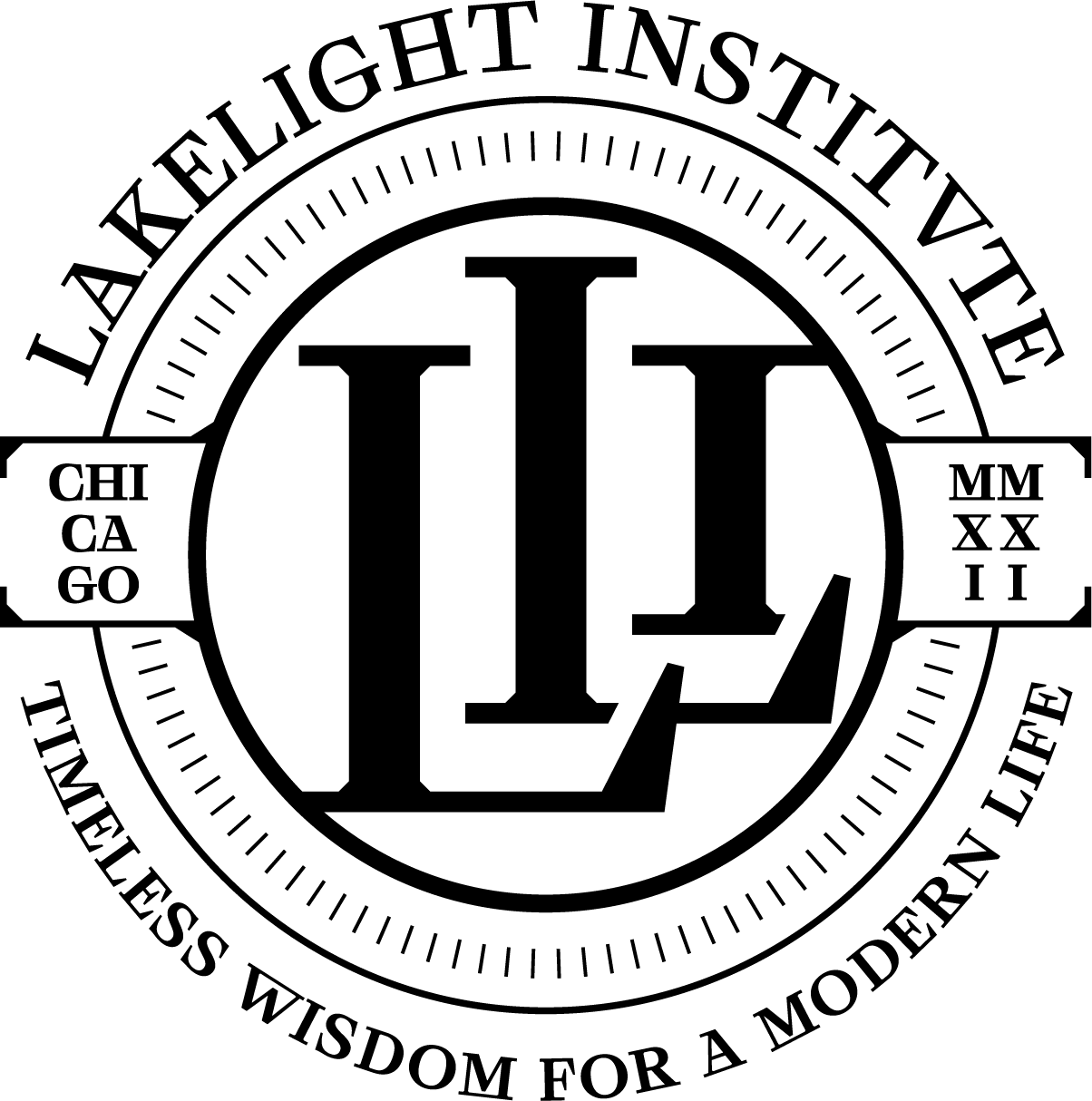Cultural Formation
Section 1: Politics
David T. Koyzis (330 pgs., IVP Academic)
A searing analysis of various political ideologies from a Christian perspective. If you want to be a careful, thinking Christian in a politically polarized age – start here.
Jonathan Haidt (528 pgs., Vintage)
A New York Times Bestseller.
Haidt uses the tools of Social Psychology to explain our cultural divide. His research unearths the moral foundations lurking in the background of our political disagreements.
James Davison Hunter (504 pgs., Yale University Press)
University of Virginia Sociologist James Davison Hunter argues that cultural nihilism is afoot in the U.S. Our politics has become a collection of identity groups vying for power and veering away from solidarity. Democracy’s future lies in peril. Hunter’s book is mandatory reading for understanding the current moment, and how we got to this strange cultural place.
Matthew Rose (208 pgs., Yale University Press)
Hailed by Ezra Klein and Rod Dreher as a necessary book for understanding the contemporary Right.
Where did the Alt-right come from? Scholar Matthew Rose chronicles the 5 primary thinkers behind the philosophy of the radical right. You may not have heard of them. Most haven’t. But, in a post-2016 world, their ideas shape our political moment.
Section 2: Sex & Gender
Carl Trueman (208 pgs., Crossway)
Does the world suddenly feel a little strange to you? Carl Trueman tells modernity’s story refracted throught the lenses of identity, sex, and politics. Trueman examines how each has changed, and explains the core ideas behind their transformation.
Louise Perry (200 pgs., Polity)
The knock-out punch levied against a ‘liberation’ narrative that was misguided from the beginning.
Abigail Favale (251 pgs., Ignatius Press)
A Notre Dame women’s studies professor argues that gender is real, sex differences are good, and embodiment is a blessing — not a curse.
Andrew T. Walker (208 pgs., The Good Book Company)
Walker’s book is a useful resource for Christians trying to understand how the Bible applies to contemporary gender and sexuality issues.
Section 3: Media & Technology
Andy Crouch (224 pgs., Baker Books)
Simply the best book on how to engage our digital age from a theoretical and practical standpoint.
Neil Postman (208 pgs., Penguin)
“What happens when media and politics become forms of entertainment? As our world begins to look more and more like Orwell's 1984, Neil's Postman's essential guide to the modern media is more relevant than ever.”
Section 4: Big Ideas
Christopher Lasch (368 pgs., W.W. Norton & Company)
In 1979, Lasch argued that society is becoming increasingly self-absorbed. 44 years later, it has snowballed. Lasch’s book prefigured our mental health crisis, our political polarization and many other disturbing trends.
Charles Taylor (896 pgs., Harvard University Press)
A New York Times Notable Book of the Year, among other prestigious awards.
Taylor’s account of secularism’s rise remains unmatched. 896 pages explain how the West lost God, without knowing how to replace Him.
Benjamin and Ashley Storey (264 pgs., Princeton University Press)
Is there a satisfaction in this world that doesn’t fade? The ancients said no. Many moderns say yes. Benjamin and Ashley Storey explain this shift — how we came to believe that happiness is just around the corner and why that is the source of our discontentment.
Yascha Mounk (416 pgs., Penguin)
Wokeness. You’ve heard it both scorned and celebrated. Yascha Mounk tells the story of how our elite institutions were captured by ideas which have a bit of truth and a lot of power. If you’re interested in identity politics, DEI departments, the future of American education, or anything in between – The Identity Trap is for you.
Hartmut Rosa (140 pgs., Polity)
Hartmut Rosa believes we live within a suffocating paradox. The driving force in modern times is the desire to make the world controllable. Yet a fully moldable world is a lifeless one. According to Rosa, we need to rediscover resonance: transcendent encounters with objects that elude our control.
We can think of at least one Object who offers those kinds of encounters.
Section 5: The Post Christian Story
Andrew Wilson (384 pgs., Crossway)
A rare book chronicling how the year 1776 shaped our post-Christian moment. Ushering in research from history, anthropology, psychology and Wilson tells the story of modernity with a deft hand and a few well-placed adjectives.
Tom Holland (640 pgs., Basic Books)
From the ancient historian whose podcast has 6 million downloads a month.
Dominion is an award-winning narrative describing how the West rejected Christianity based on moral values borrowed from Christianity itself.
Glen Scrivener (192 pgs., The Good Book Company)
A TGC and Christianity Today award recipient.
Glen Scrivener tells the story of how the Modern West came to believe in its sacred values — and collectively forgot where they came from.


















